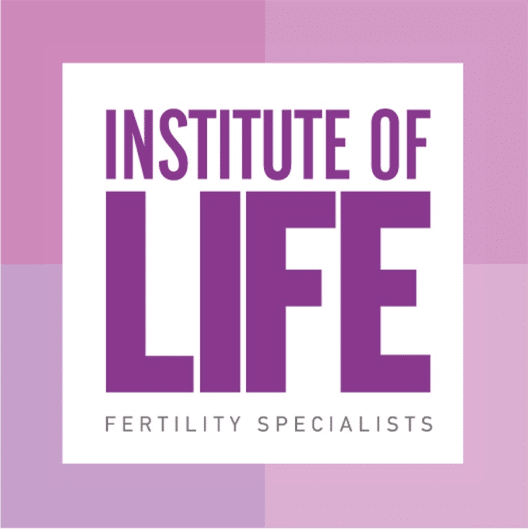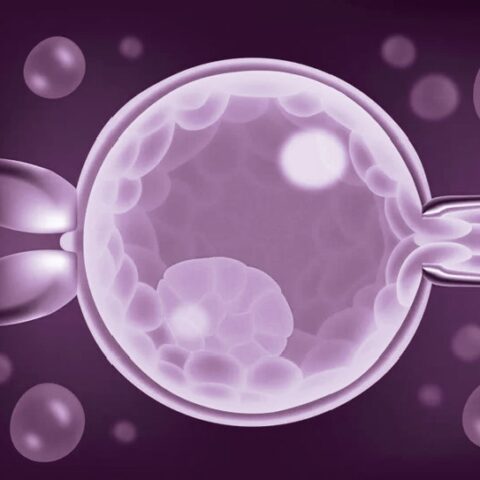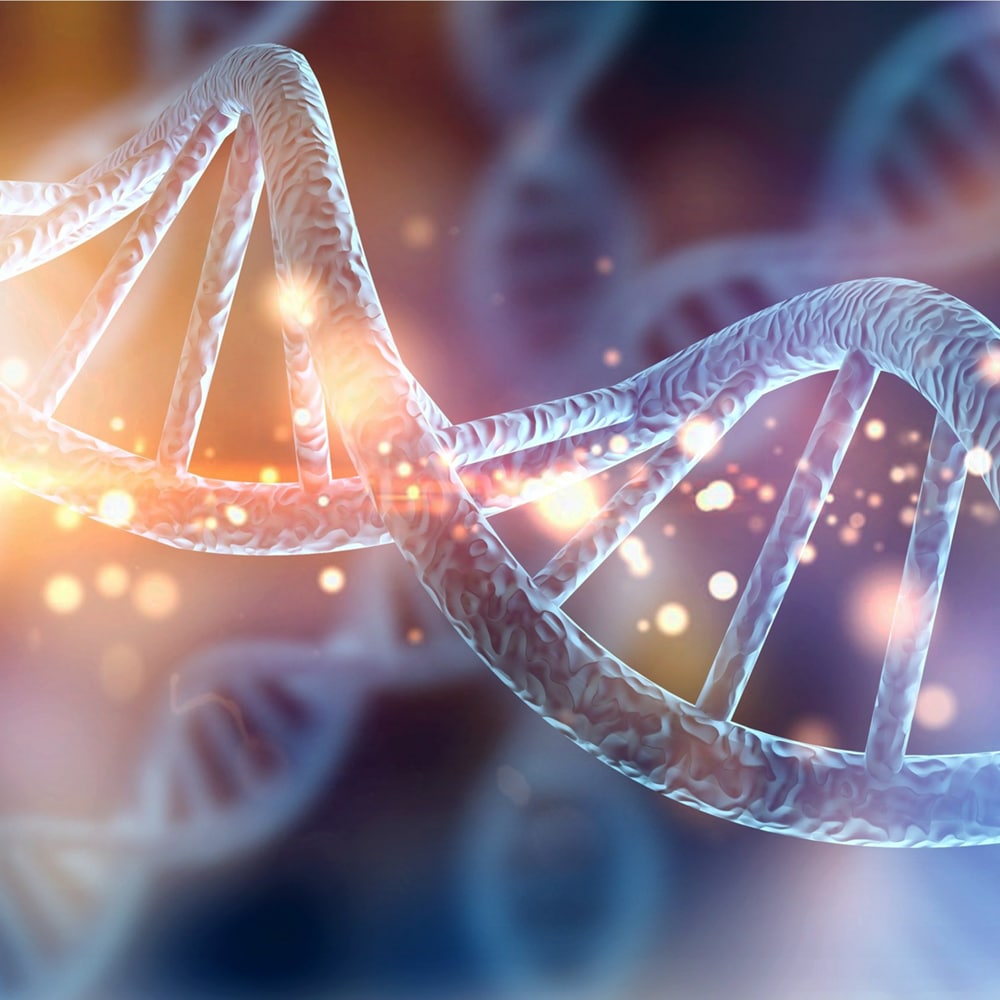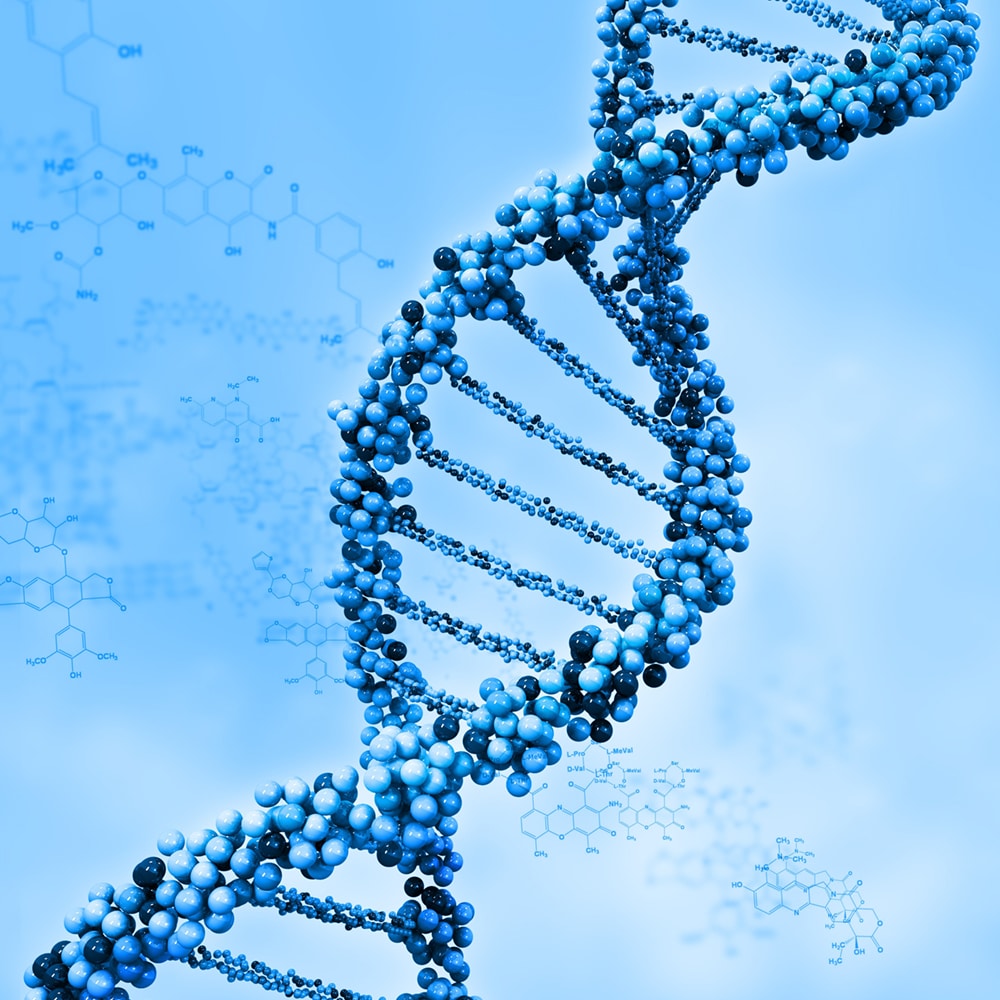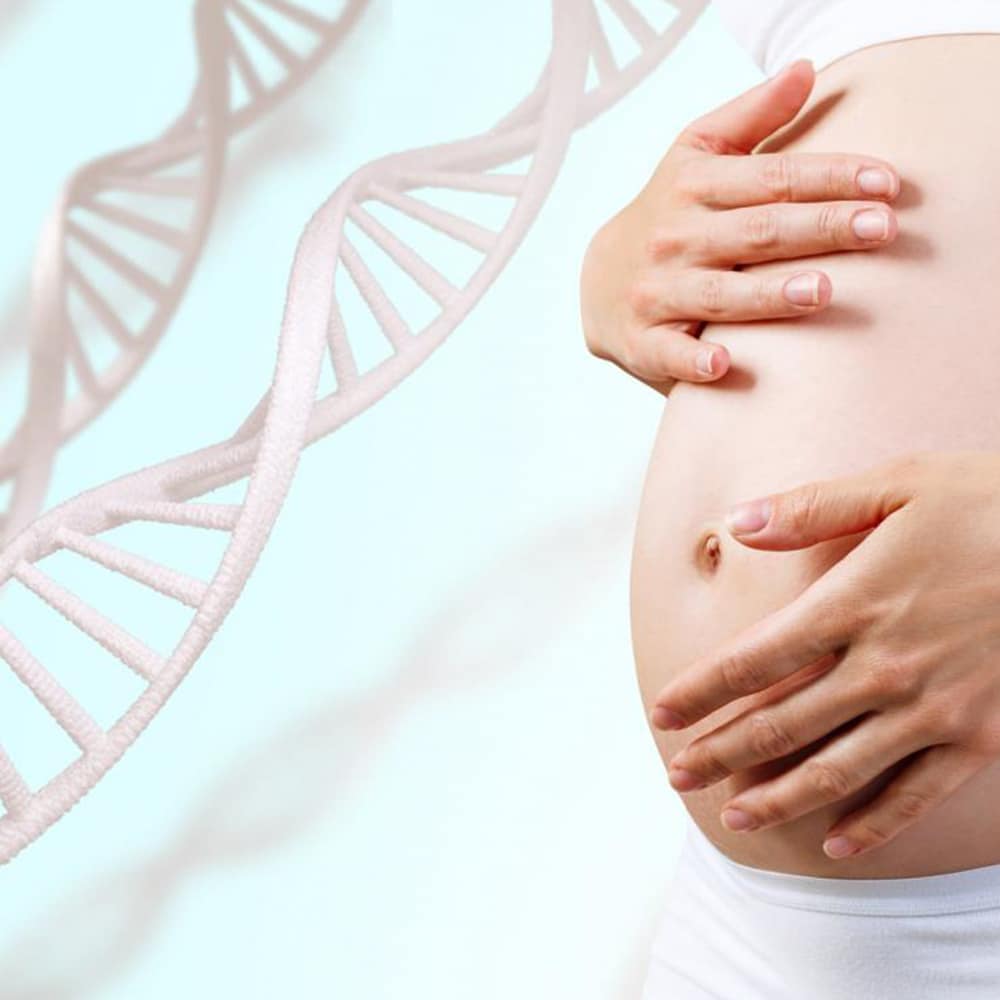KIR/HLA-C Genotyping

KIR and HLA-C genotyping is a genetic tests that allows us to evaluate the risk of an embryo being rejected by the mother’s immune system.
The human immune system rejects anything it identifies as a foreign object, so as to offer the right protection from diseases. During pregnancy, the mother’s immune system views an element (the embryo), which has paternal antigens, as semi-allogeneic in instances of pregnancy with her own eggs or in instances with donor eggs from the father and the donor. The ability of the maternal immune system to tolerate the embryo despite recognizing it as a foreign object is essential for successful pregnancy.
Recent studies have shown that dysfunctions in the mother’s immunoregulatory mechanisms as to the embryo are sometimes responsible for female infertility, implantation failures and/or miscarriages.
KIR and HLA-C genotyping is a genetic tests that allows us to evaluate the risk of an embryo being rejected by the mother’s immune system and, consequently, guides the medical interventions that lead to successful pregnancy.
There are several factors that are crucial to achieve a pregnancy: a good quality embryo, a uterus prepared to receive it and adequate immune interaction between both to allow the embryo to implant and develop properly. Maternal immunotolerance towards the embryo is achieved through the interaction between the cells of the maternal immune system present in the uterus (known as uterine NK cells) and the embryo. These cells recognize the embryo through KIR receptors, which attach to HLA-C embryo identification fragments, one inherited from the mother and another inherited from the father.
Several studies have shown that certain combinations of KIR and HLA-C are more likely to lead to complications during pregnancy.
KIR and HLA-C genotyping allows determining whether there is compatibility between KIR uterine receptors and the foreign HLA-C in the embryo.
In the field of fertility, immunological incompatibilities may affect essential reproductive processes which, ultimately, may lead to implantation failure, recurrent miscarriages and preeclampsia. When the combination of the maternal KIR and the HLA-C of the future embryo is incompatible, it is advisable to:
- Transfer a single embryo to avoid exposing the mother to a double load of incompatible HLA-C.
- Prescribe immunomodulatory treatment to the expectant mother.
- Perform donor HLA-C genotyping and maternal KIR matching in cases of egg or sperm donation, to ensure maternal-fetal compatibility.
Relevant Topics
-
-
KIR/HLA-C Genotyping
KIR/HLA-C Genotyping KIR and HLA-C genotyping is a genetic tests that allows us to evaluate the risk of an...
-
Endometrial Immunological Testing (ImMap)
Endometrial Immunological Testing (ImMap) For successful pregnancy, it is important for the maternal and embryonic cells to co-exist in...
-
Non-invasive Preimplantation Genetic Screening of Chromosomes (niPGT-A)
Non-invasive Preimplantation Genetic Screening of Chromosomes (niPGT-A) This groundbreaking non-invasive procedure (niPGT) eliminates the need for an embryo biopsy...
-
Preimplantation Genetic Testing for Monogenic Defects (PGT-M)
Preimplantation Genetic Testing for Monogenic Defects (PGT-M) In the context of assisted reproduction, the PGT-M method is used to...
-
Preimplantation Genetic Screening of Chromosomes (PGT-A)
Preimplantation Genetic Screening of Chromosomes (PGT-A) It permits selecting only embryos with the right number of chromosomes to be...

